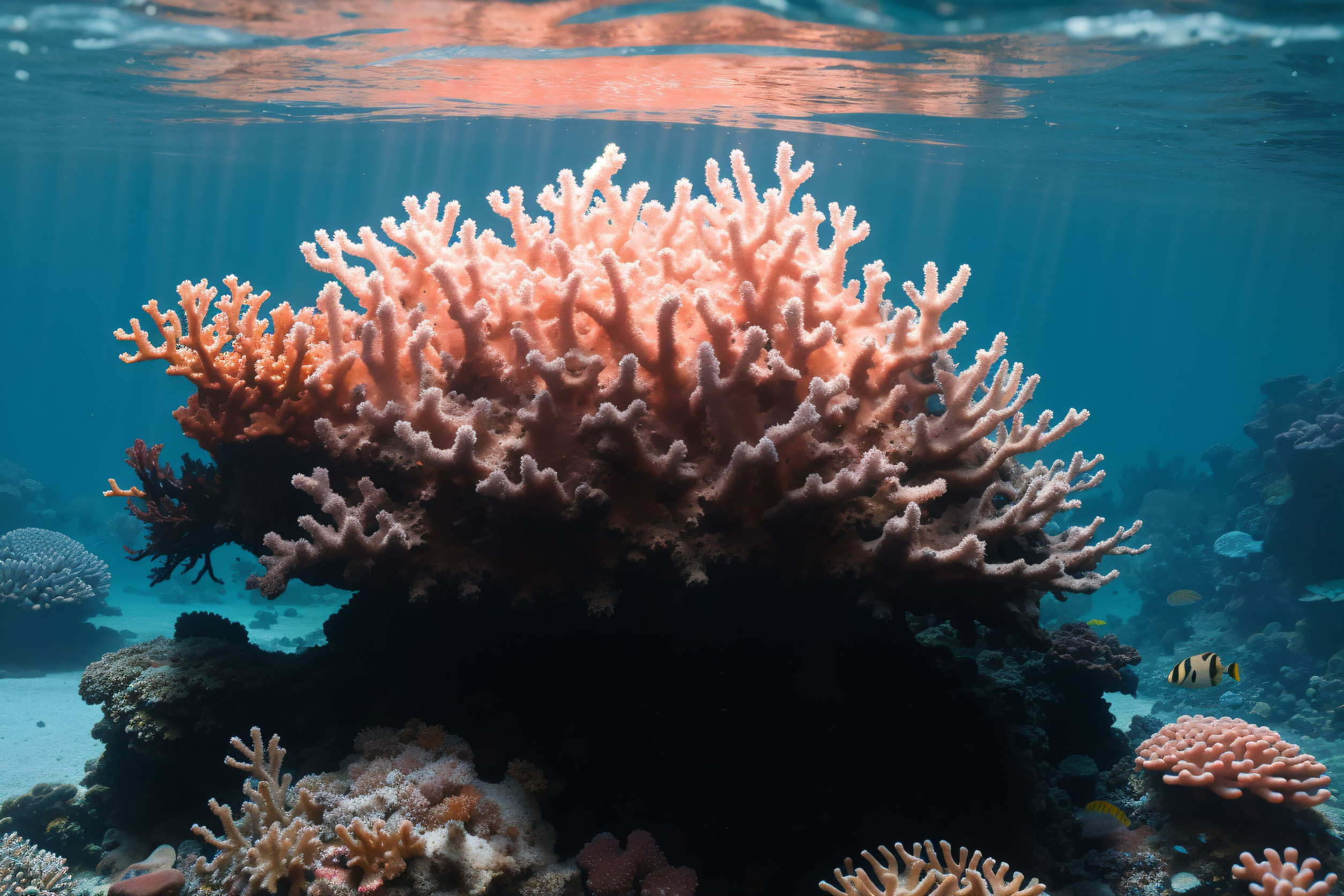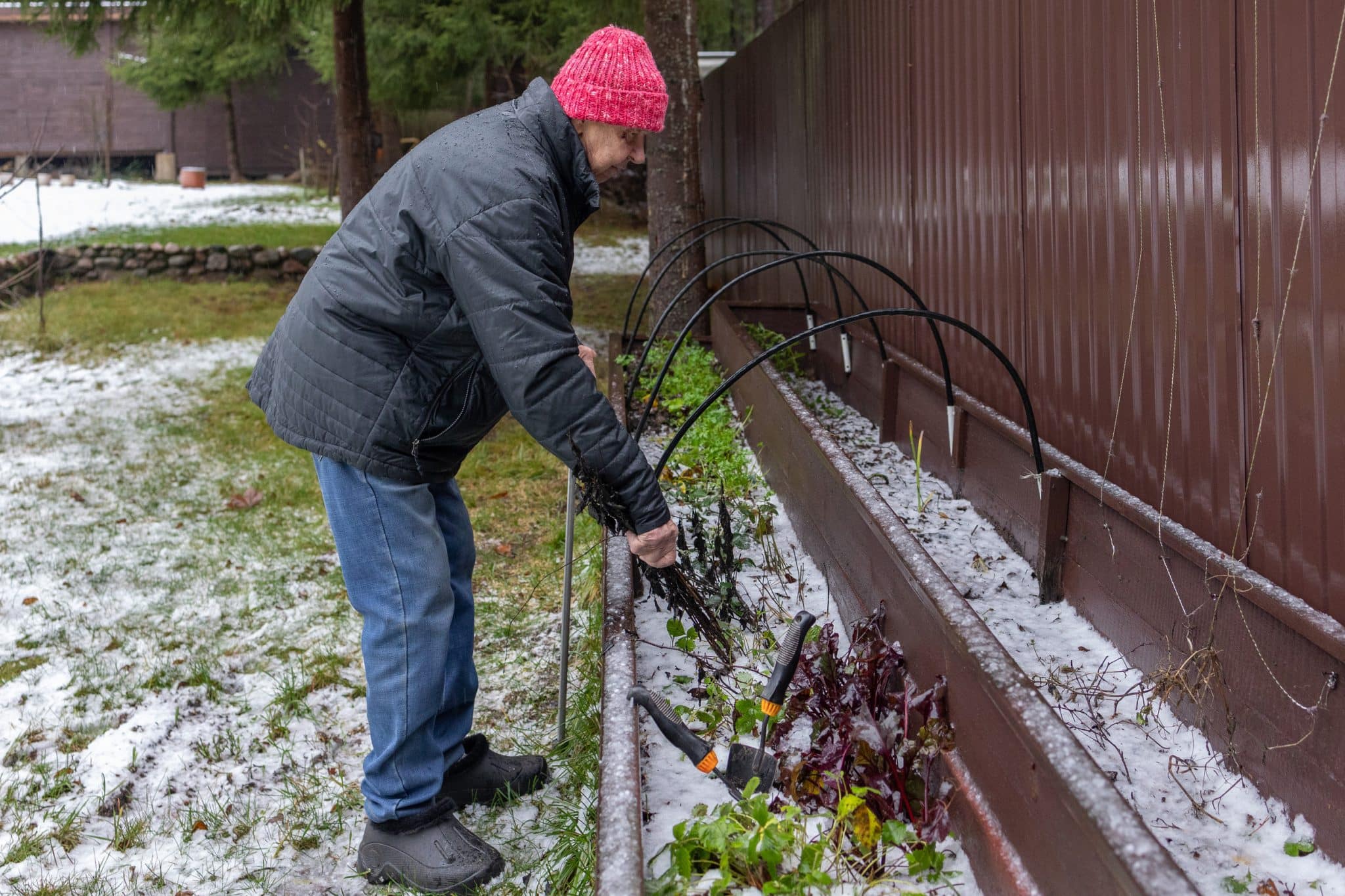Image Credit: pixloom/123rf.com
Marine biologists have made significant strides in combating stony coral tissue loss disease (SCTLD), one of the most destructive threats to Caribbean coral reefs. Researchers have identified a naturally occurring probiotic, named McH1-7, which has shown promise in slowing the progression of this devastating disease that has severely impacted Florida’s reef ecosystems.
McH1-7 was initially discovered in 2018 by scientists at the Smithsonian Marine Station on a coral colony that had survived an SCTLD outbreak. This bacterium produces a compound known as tetrabromopyrrole (TBP), which not only appears to protect corals from SCTLD but also facilitates coral larval settlement. The discovery suggests that the presence of TBP may enhance the survival rates of coral larvae.
In a recent study published in Frontiers in Marine Science, researchers tested the effectiveness of McH1-7 on young great star coral (Montastraea cavernosa) colonies. Two treatment methods were employed: one involved injecting the probiotic into seawater in a weighted bag placed over the coral, while the other method applied a paste directly to disease lesions. The bagging technique created a probiotic-rich environment around the corals, resulting in a significantly lower tissue loss of only about 7% over a 2.5-year observation period. In contrast, untreated corals experienced a 35% loss of tissue.
The study highlighted the efficacy of the whole-colony bagging method, prompting researchers to explore practical applications that minimize disruption to surrounding coral species. The team developed a scuba diving method to safely apply the probiotics, which could serve as a scalable solution for managing SCTLD across various affected areas in the Caribbean.
Despite these promising results, researchers stress that this approach is still in its early stages. Further testing on different coral species is necessary to refine and expand the use of probiotic treatments. The findings offer a glimmer of hope in the ongoing fight against SCTLD, particularly as Florida’s coral reefs confront escalating challenges from disease, climate change, and pollution.
Check out the original article here: Source link



